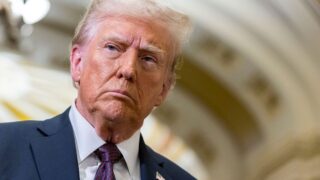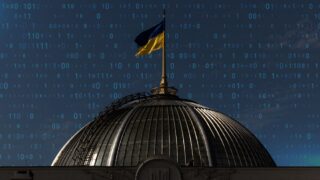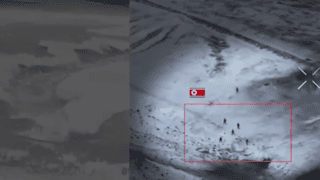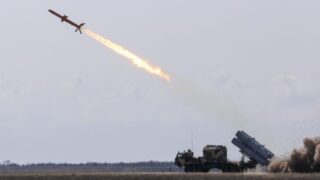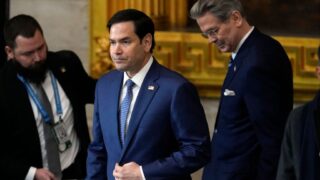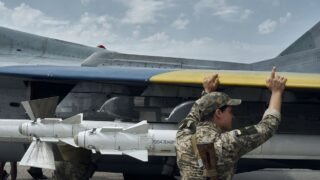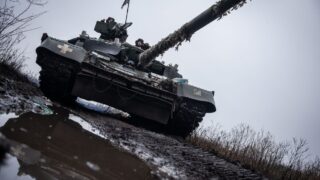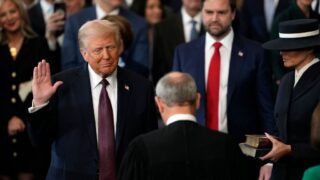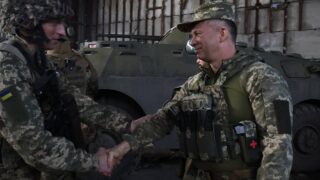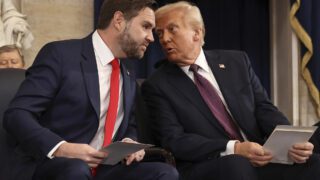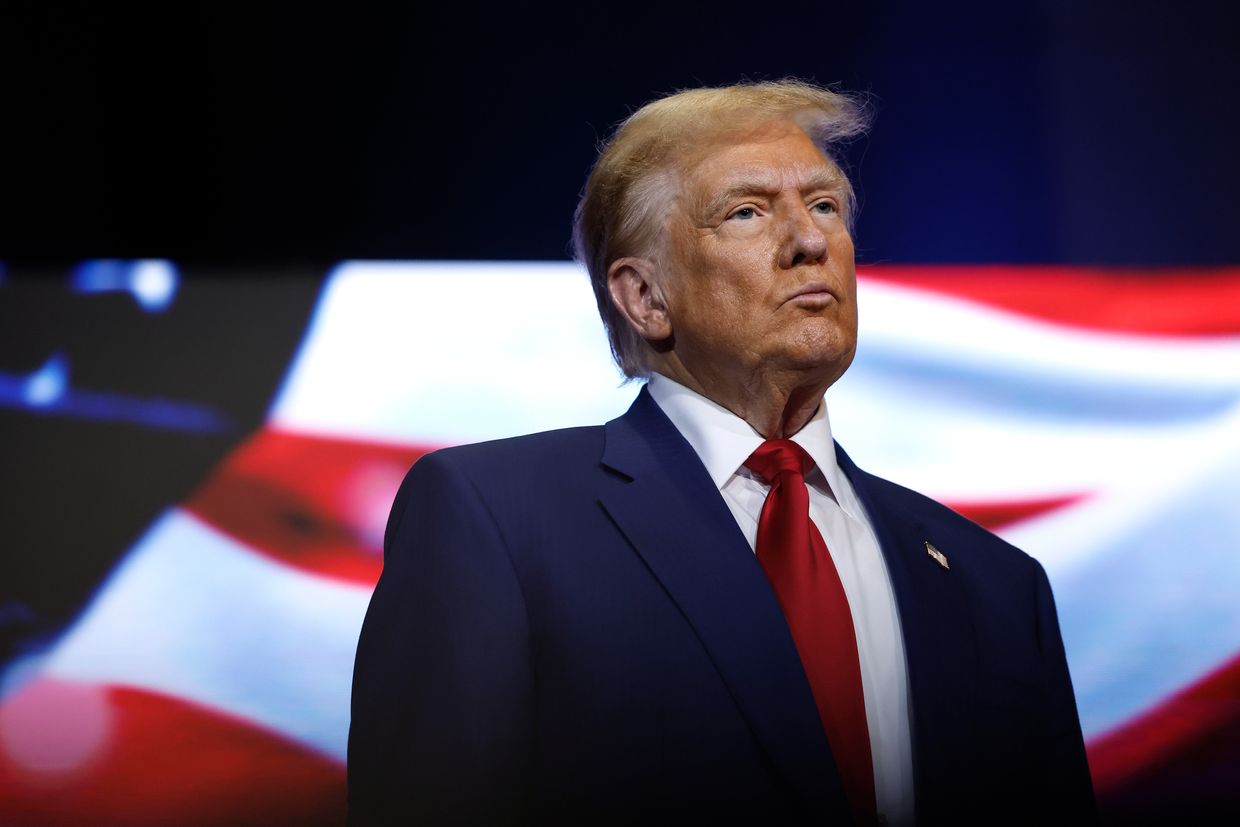
What we know about Trump's plans for ending Russia’s war against Ukraine
In his speech declaring victory in the U.S. presidential election on Nov. 6, Donald Trump made no mention of Ukraine yet alluded to just how consequential his second term in office will likely be for the country ravaged by Russia’s invasion.
"We had no wars, for four years, we had no wars. Except we defeated ISIS," Trump said in comments referring to his first term as president.
"They said ‘he will start a war.’ I’m not going to start a war, I’m going to stop the wars," Trump added.
How does Trump plan to stop Russia's war against Ukraine?
That's the million-dollar question that is undoubtedly being discussed in capitals worldwide, not least in Kyiv and Moscow.
After Trump declared victory, Ukrainian President Volodymyr Zelensky greeted him in a post on X, in which he recalled their face-to-face talks in New York City in September.
“We discussed in detail the Ukraine-U.S. strategic partnership, the Victory Plan (presented to allies by Zelensky), and ways to put an end to Russian aggression against Ukraine,” Zelensky wrote.
“I appreciate President Trump’s commitment to the ‘peace through strength’ approach in global affairs. This is exactly the principle that can practically bring just peace in Ukraine closer,” he added.
“We look forward to an era of a strong United States of America under President Trump’s decisive leadership.”
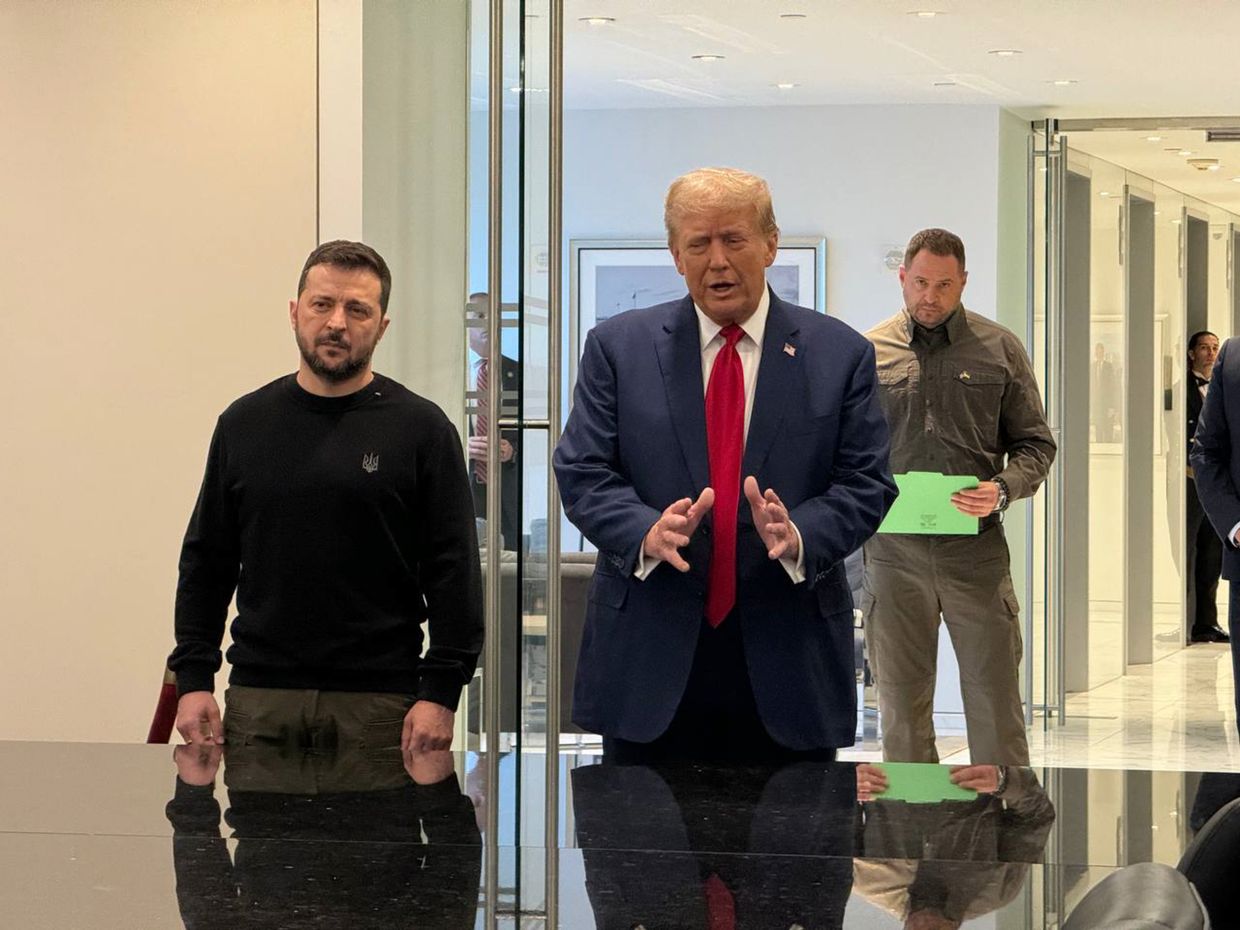
While Zelensky has revealed a breakdown of his “Victory Plan,” details from Trump himself on how he plans to end Russia’s war have been scarce.
Trump has repeatedly said he could end the war "in 24 hours."
Former businessman Trump — who in 1987 published a book titled “The Art of the Deal” — appears to believe that negotiating the end of a war is similar to negotiating the price of real estate in New York City.
"I would tell Zelensky, no more. You got to make a deal. I would tell Putin, if you don't make a deal, we're going to give him a lot. We're going to (give Ukraine) more than they ever got if we have to," Trump said in a July 2023 interview.
"I will have the deal done in one day. One day," Trump added.
Some lawmakers in Kyiv have dismissed his claims as "election rhetoric," while Zelensky has called on Trump to release more details on several occasions before meeting him this September.
"If Trump knows how to finish this war, he should tell us today," Zelensky told Bloomberg Television in an interview published on July 3.
"If there are risks to Ukrainian independence, if we lose statehood — we want to be ready for this, we want to know… We want to understand whether in November we will have the powerful support of the U.S., or will be all alone."
Does Trump have a peace plan for Ukraine?
While few details have been forthcoming from Trump himself, numerous reports over the last year have given some clues about his plans to end Russia’s war against Ukraine. The very nature of such a quick deal heavily suggests Ukraine being forced to cede land to Russia.
In April, the Washington Post reported Trump would pressure Ukraine to cede the Crimean Peninsula, which Russia occupied in 2014, and the far eastern Donbas region it currently holds much of. A source told the paper that he believes both Moscow and Kyiv "want to save face, they want a way out."
The source also claimed Trump believes that Ukrainians in Russian-occupied territories would be “okay” with being part of Russia.
In June, two top advisors to Trump proposed a plan that would cease military aid to Ukraine unless it agrees to hold peace negotiations with Russia, Reuters reported, citing the advisors, retired General Keith Kellogg and Fred Fleit.
Kellogg and Fleitz, who previously served on the National Security Council in the Trump administration, said the proposed ceasefire would freeze the front lines in their current position.
At the same time, Kellogg said the plan would entail additional warnings to Russia that the U.S. would increase its military support to Ukraine if Moscow refused the terms of the ceasefire.
Fleitz said Trump reacted positively to the plan but added: "I'm not claiming he agreed with it or agreed with every word of it."
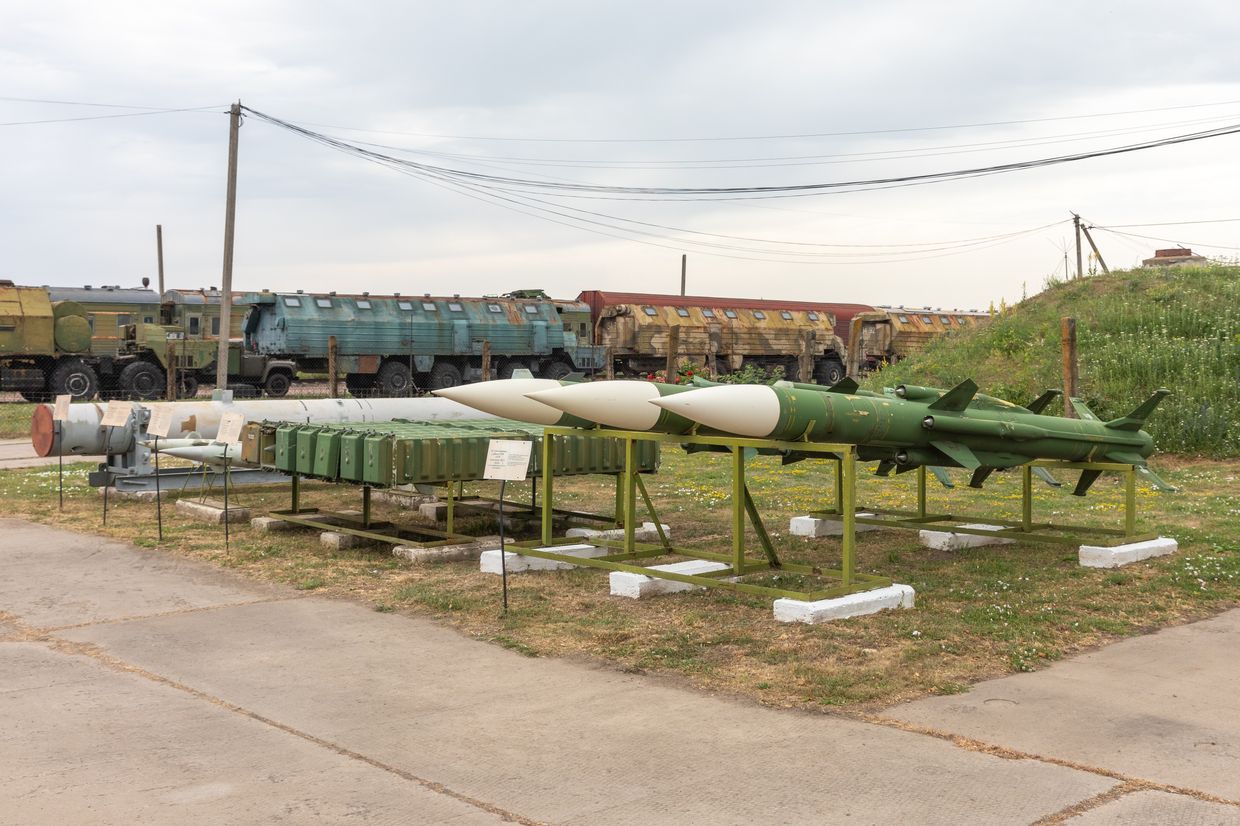

Trump campaign spokesperson Steven Cheung said at the time that only statements from Trump or the campaign should be taken as official policy positions.
In July, Politico reported that Trump was reportedly considering the possibility of making a deal with Russia to block the future NATO accession of certain countries, namely Ukraine and Georgia.
One of the sources told Politico that Trump "would be open to something foreclosing NATO expansion and not going back to the 1991 borders for Ukraine."
The latest report came last month when the Financial Times, citing its sources close to Trump's team, reported that he planned to freeze the war.
According to the paper, Vice President-elect J.D. Vance, in September outlined the idea of freezing the war by establishing autonomous regions on both sides of the demilitarized zone and leaving Ukraine outside NATO.
According to one of Trump's longtime advisors, the new plan would rethink the failed Minsk agreements of 2014 and 2015, which were never implemented. The agreements contained a plan that would create temporarily autonomous zones in Russian-occupied parts of Donetsk and Luhansk oblasts which would later be fully reintegrated with the rest of Ukraine. Occupied Crimea was not mentioned in the Minsk agreements.
The adviser said the new plan will include enforcement mechanisms and consequences for violating the agreement. However, in his opinion, European troops, not NATO forces or U.N. peacekeepers, will have to keep order.
Fleitz, a former CIA analyst now at the America First Policy Institute Center for American Security, suggested in an interview with the Financial Times that Ukraine's membership in NATO could be taken off the agenda for several years to force Russia to the negotiating table.
"We freeze the conflict, Ukraine does not cede any territory, they don't give up their territorial claims, and we have negotiations with the understanding there probably won't be a final agreement until Putin leaves the stage," Fleitz said.
What does Ukraine think of Trump’s plans?
Zelensky and other Ukrainian officials have pushed back against the notion of any sort of ceasefire that would cement Russia's battlefield gains.
“When (Putin) gains strength, he might issue an ultimatum – to recognize all occupied territories, to stay out of NATO, to forget about European integration,” Zelensky said in June.
"And there will be many such conditions, depending on how strong (Putin) is at that moment. Therefore, a ceasefire is a trap."
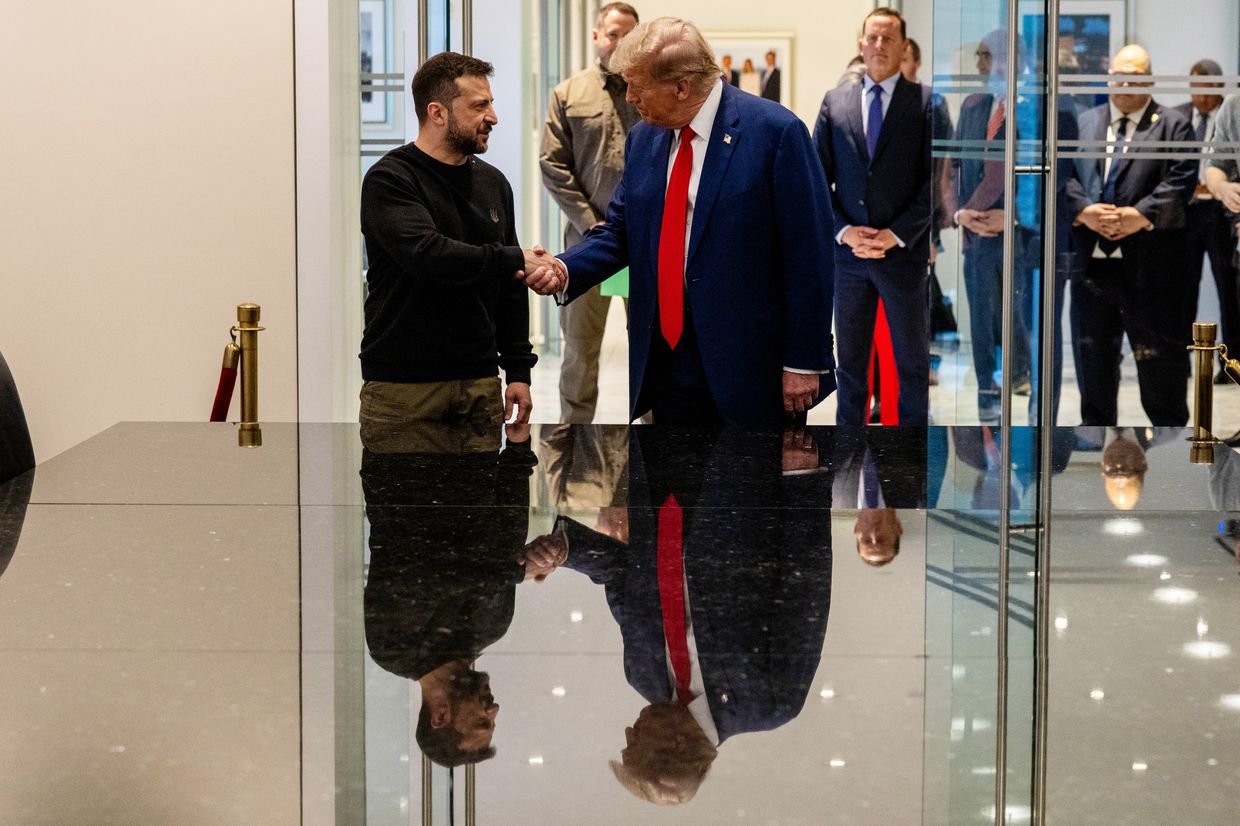

Kyiv has also refused to compromise on territorial integrity to end the war.
Following Russia’s illegal annexation of Crimea in 2014, Moscow declared its annexation of four Ukrainian oblasts in 2022, including Donetsk, Luhansk, Zaporizhzhia, and Kherson – all of which Russia still doesn’t fully control.
Referring to these declared land grabs, Ukrainian lawmaker Oleksandr Merezhko told the Kyiv Independent in July that any sweeping plans announced by Trump before he became president are unlikely to go anywhere if he takes office.
"Putin cannot backtrack on annexations," Merezhko, the chair of the parliament's foreign affairs policy, said.
"When Trump realizes this, when Putin is not eager to make compromises, he will be very disappointed because there is no possibility of reaching a peaceful compromise.”
"(Trump) doesn't want to be a failure; he wants to be a success, and if he wants success, he has to get Ukraine to agree, and Ukraine will never agree to territory concessions."
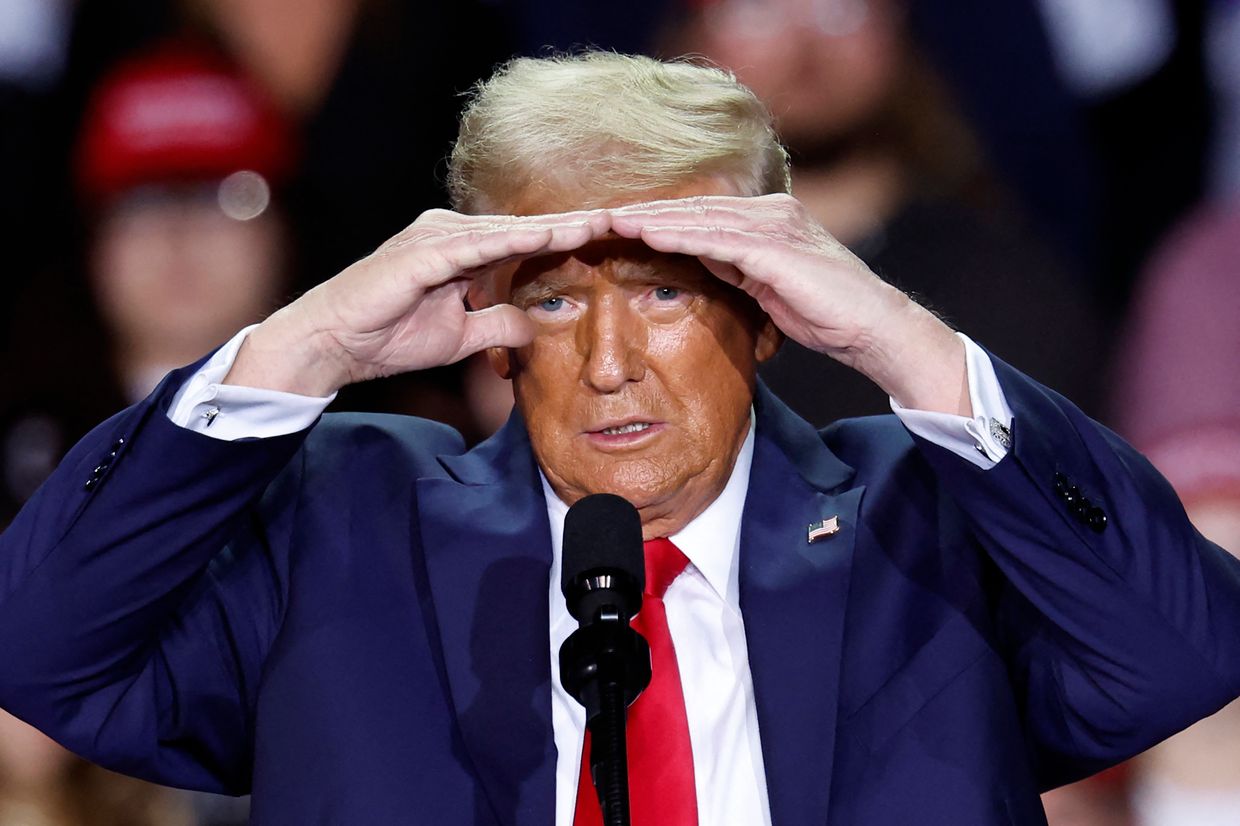

What does Russia think of Trump’s plans?
Putin's stated aim for launching the full-scale invasion in early 2022 was to take all of Donbas, where in recent weeks the Russian army’s grinding advances have gathered pace.
As Russia's position in the war becomes ever more favorable, the prospect of Putin stopping and agreeing to a ceasefire becomes more unlikely.
Moscow has been skeptical of Trump's ability to swiftly end the war even though Trump himself has boasted of having good relations with Putin.
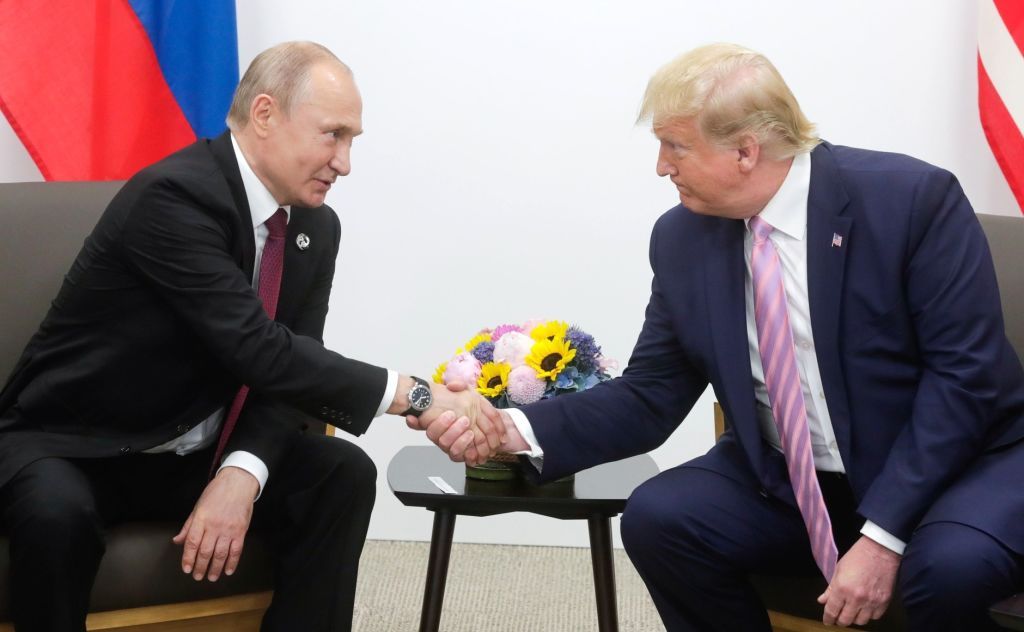

Putin in June said that as a condition for peace negotiations, Ukrainian troops must leave Donetsk, Luhansk, Kherson and Zaporizhzhia oblasts. He added that Ukraine must recognize Russia's illegal annexation of the regions and abandon any ambition to join NATO.
Zelesnky rejected the conditions, comparing them to Adolf Hitler's invasion of Czechoslovakia in 1938-1939.
When asked about Trump’s statements about swiftly ending the war, Kremlin spokesman Dmitry Peskov told reports on Nov. 6, “Let us not forget that we are talking about an unfriendly country, which is both directly and indirectly involved in a war against our state."
Earlier in July, Russia’s Foreign Ministry Spokeswoman Maria Zakharova said there is a need to "be realistic" when considering what Trump says about peace negotiations.
"We saw the statements. Trump said he would resolve the conflict within 24 hours, then J.D. Vance said that China is a bigger problem for the U.S. than the Russia-Ukraine conflict," she said in comments reported by Reuters.
"It's necessary to separate pre-election rhetoric from statements by government officials vested with the appropriate powers. If we talk about whether it's possible to resolve the conflict, let's be realistic," she added.






